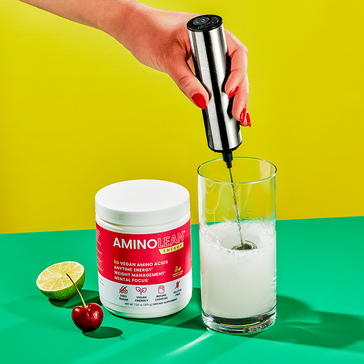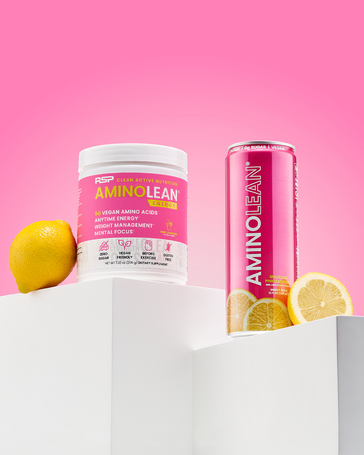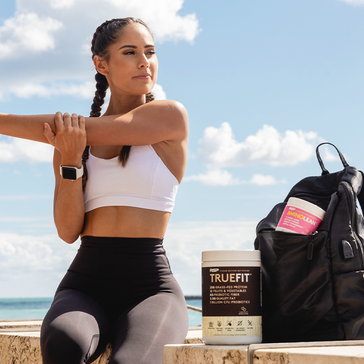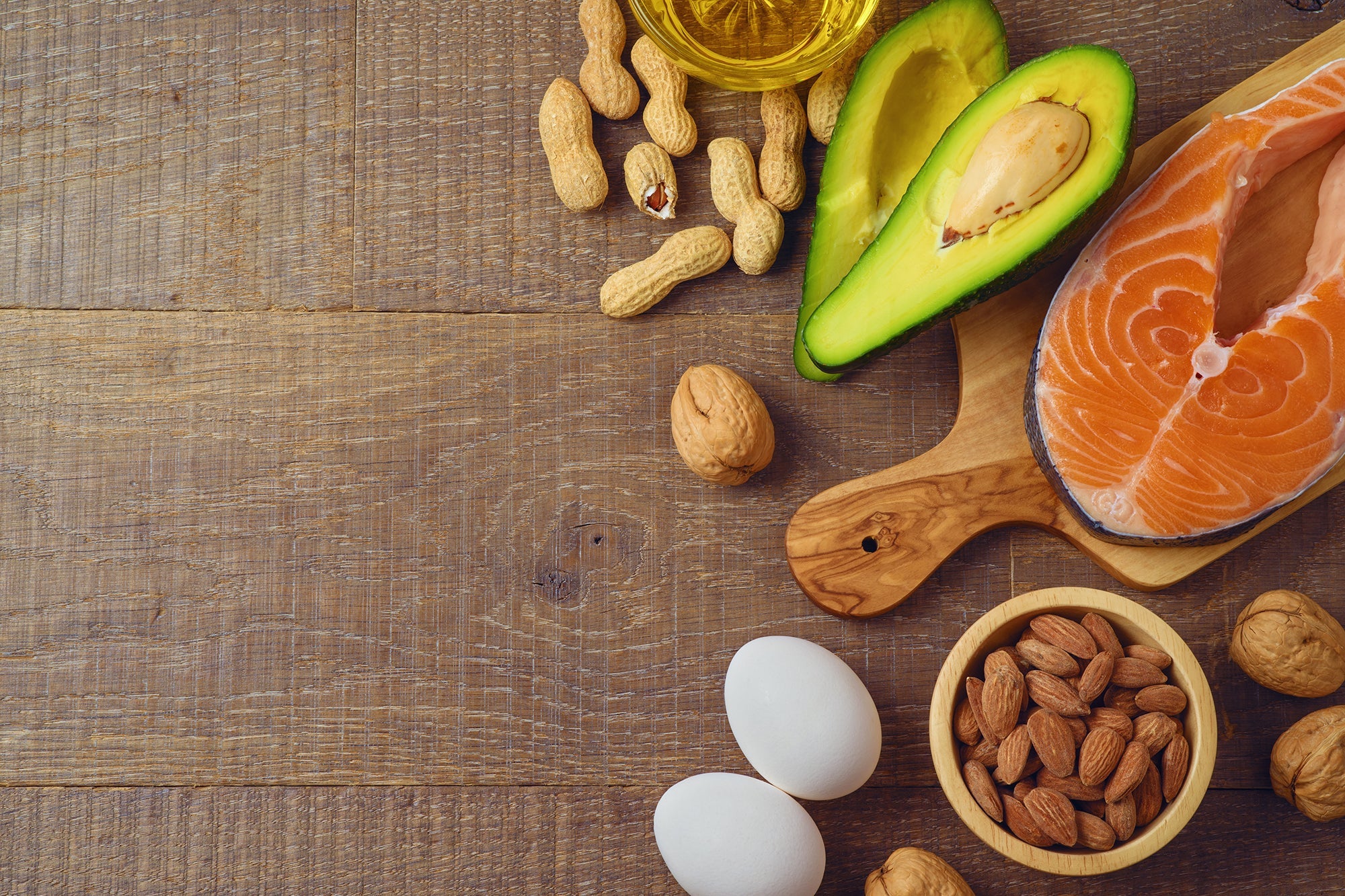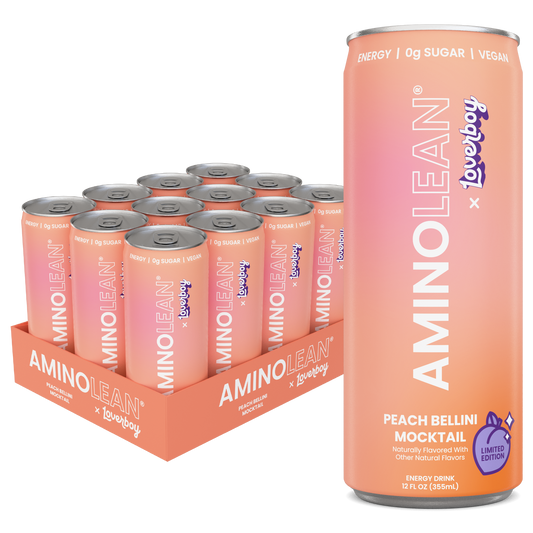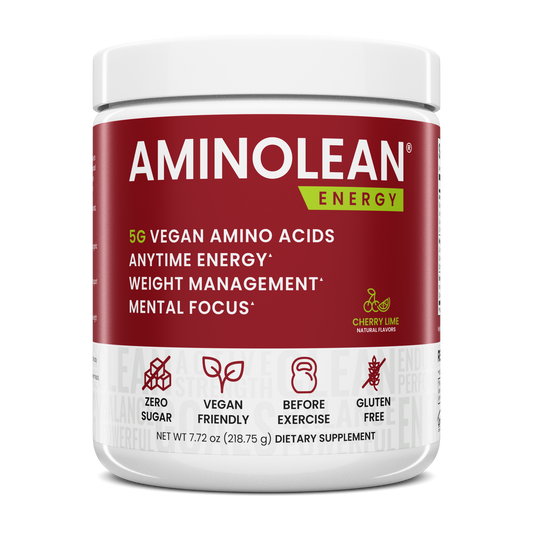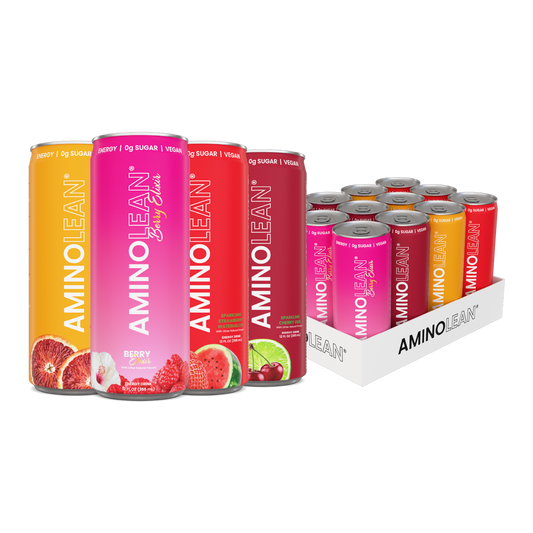The ‘80s called - it wants its low fat diet dogma (and leotards) back. Fats are back in vogue, and rightfully so, as they are a macronutrient with myriad wellness benefits when incorporated properly. You were fed low fat lies for quite some time; time to unleash the glory of healthful fats again.
It doesn’t matter if you are a Carnivore or a Vegan, dietary fats play a vital role in our overall health & wellness and are essential to your existence.
So, we have partnered with Monica Auslander Moreno MS,RDN, the founder of Essence Nutrition, to bust some myths surrounding fat and let you know how to best incorporate them into your diet.
- The RSP Nutrition Team
|
by Monica Auslander Moreno, MS, RDN (A Quick) Chemistry of FatsFat is one of the three large (“macro”) nutrients in human health, along with carbohydrates and proteins. Fats are involved with storing energy, maintaining cell membranes and are involved in cellular communications. All fats contain 9 kilocalories per gram, which is more than any other nutrient category, which makes them the most energy dense. Remember, through most of human history, foods with more energy density were prized because they kept us alive, since malnutrition was much more of a concern than being overweight. Lipids are actually the broader group under which “fat” lives; “fats” are a type of lipid and “fats” are composed of glycerides, sterols, and fatty acids, which can be further categorized by chemical structures. Fatty acids have chains of carbon of varying lengths - that’s how they’re classified as short, medium, long or very long (SCFAs, MCFAs, LCFAs, VLCFAs). Glycerides can be categorized as mono, di and tri. All humans require fats for various essential anatomical functions, and some must be obtained through diet. Fat's Role in the Body and MindWe are biologically wired to enjoy the texture, mouthfeel, taste, and satiety that fat brings to the table -- after all, something so energy dense likely contributed to the survival of our species. The more satiated we are with our food (like from a meal whose fat products are not disturbed by American food supply attempts to remove it), the more satisfied we are with less, which may be able to control weight. This is why dietitians usually recommend having a balanced portion of full-fat, all-natural yogurt rather than the sugar laden, low fat yogurt that were seemingly trending. You will also notice that full-fat yogurts tend to have less sugar because they don't need it — they already taste great! Like other essential culinary aspects, fat is a respected and necessary component of cuisine across all cultures and times. Mediterranean fare without olive oil, French foods without butter, Asian dishes without sesame, and Nordic plates without dairy would seem nude. Fat deserves a place at the table and in our bodies. When we tried to leach it out of our food supply in the ‘80s and ‘90s with the fat-free boom, our products became starchier, sweeter, less satisfying, artificial, more addicting, leading to a number of negative health effects. In fact, when we remove fat from our plate, we feel deprived. That will likely result in obsessive eating habits like restricting and bingeing, which are ultimately more harmful to our bodies than simply enjoying a full-fat version of a food. Animals and their derived products are “full fat” in their natural forms -- how we have chemically altered them to suit the demands of a mislead consumer base is highly unfortunate. Studies have shown that high-fat foods, such as nuts, also are correlated with weight loss / people weighing less. It is hypothesized that the body doesn’t actually absorb all of the calories “listed” on nuts, likely from the unique metabolism of fatty acids in the body. Dietary fat contributes to healthy sex hormone balance, padding of vital organs and tissues, robust hair, skin, and nails and regulating body temperature. In the bloodstream, fats actually have a role in immune function against pathogenic invaders. Moreover, many vitamins are fat soluble which means they can only be used by the body in the presence of fat. These include Vitamins A, D, E and K. For some time, when dietary fat was feared in society, a salad with fat-free dressing was en vogue. We now know that that was a poor way to make those vitamins and nutrients available to our bodies. Fat as FoodThe Keto Diet has recently gained extreme popularity, most notably for the physiological state (ketosis) wherein the body begins to burn fat for fuel instead of carbohydrate. But this is not a keto article. Dietary fats in balanced portion are for us ALL to savor. So how should you incorporate dietary fats into your diet and daily routine? For many, counting the grams of daily fat intake isn’t necessary (this does not hold true for anybody under the medical care or following a stricter regimen for athletic/aesthetic pursuits). While we wouldn’t advocate for eating ten avocados per day, we always want to deemphasize worry about fat in the diet as long as the fat is coming from healthful, nutrient-dense sources and emphasis is placed on omega3s. Our favorite fats:
Overall, determining your unique nutrient needs is a key part of a balanced eating pattern as overconsumption of any form of energy - from fat, carbohydrates, or protein - may be harmful to health or have unintended effects on weight. So, experiment with different foods, see what works best for you, and, when in doubt, consult with a health professional. But what about MCTs?No article on dietary fat would be complete without mention of MCTs (medium-chain triglycerides), given their interest to the fitness and keto communities. MCTs can be more efficiently used for energy and have skyrocketed in popularity for several reasons:
MCTs are actually used in clinical settings for various disorders, as they bypass the bile acid pathway in digestion and go straight from the gut to the liver for digestion (unlike long-chain fatty acids). As such, it is a logical progression of thought to assume that dietary or supplemental MCTs would enhance health of a population outside the hospital, especially as the amount of MCT oil in foods (like coconut and dairy) may not be high enough to garner a clinical effect. So, go ahead and boost your coffee, matcha or smoothie and enjoy the benefits. In conclusion
|
